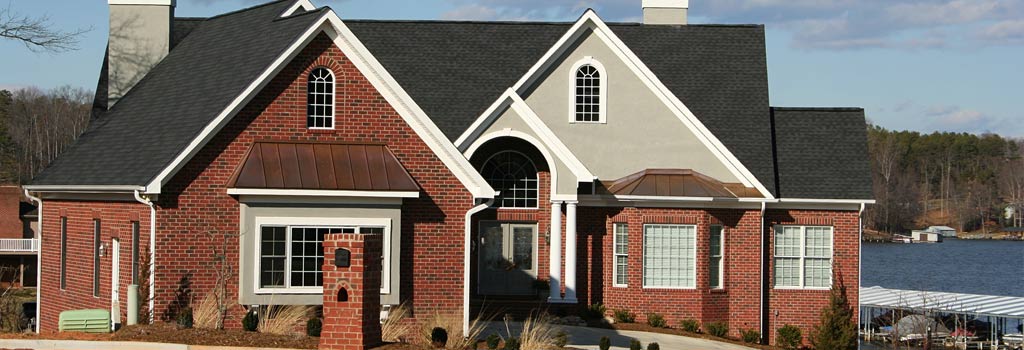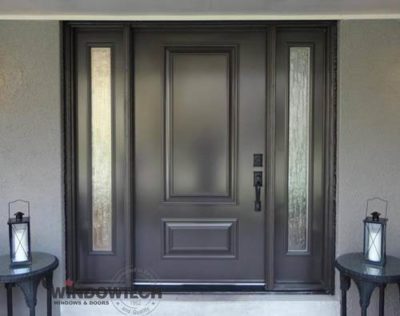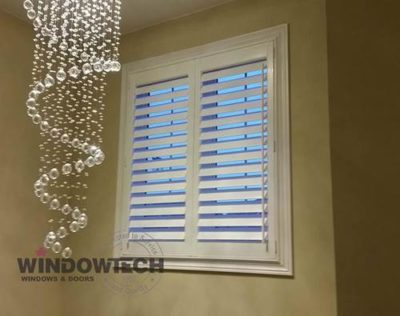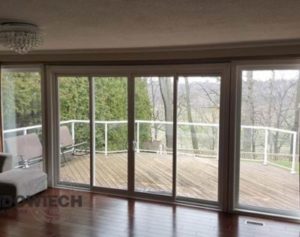Windows are an essential element in any home, providing natural light and air into your indoor areas. However, when you have condensation on windows, it can not only hinder your views, but it can also add moisture, which can compromise your home comfort and the window frame structure. While seasonal temperature shifts and internal humidity levels can contribute to condensation, it is important to address any moisture on windows to reduce the risk of mold, rot and other damage to your home.
What Causes Window Condensation?
Before you can learn how to stop condensation on windows, you need an understanding of what causes condensation on windows. It develops when humid, warm air makes contact with a cold surface. This is why windows are especially prone to condensation, since the outer pane is likely to be cold due to the weather outdoors, while warm air creates the humidity in your home.
The warm air cools down when it reaches the window, decreasing its ability to hold moisture, which forms into a liquid on the window pane. Condensation is particularly common in the colder months when there is a greater temperature difference between the inside and outside atmosphere. When we use heating to make our indoor space feel warmer, it creates moisture-laden air, which creates condensation when it comes into contact with the cooler window surface.
Now, before you start looking for the best windows in Toronto or the cost of replacement bay and bow windows, you need to bear in mind that condensation on windows is actually a sign that your windows are providing effective insulation, keeping the heat inside your home.
You may also experience condensation issues if you are cooking, doing laundry or bathing without adequate ventilation.
How to Stop and Prevent Condensation
So, if condensation is a common issue, do you need to bother learning how to stop condensation on windows? The answer is yes. Although some condensation may be inevitable, having excess moisture lingering on your windows could lead to damage to the frame, sill and surrounding area. Additionally, if you have condensation between the window panes, it could indicate a broken seal, which will need to be addressed. In this scenario, replacing the seal is the easiest way for how to reduce condensation on windows.
In all circumstances, the key to how to prevent condensation on windows is to ensure that you have adequate air circulating through your home. You can use central air to promote indoor airflow, but it is also a good idea to open the windows when on slightly warmer winter days to allow fresh air in and moisture to escape. Keep the doors inside your home open to aid air circulation and ensure proper air flow.
Another important aspect of how to prevent condensation on windows is to ensure that you close off any humidity producing areas in your home, and install outside ventilation where possible. For example, make sure that your clothes dryer has a vent outside and you have a fan installed or window open a little after bathing or showering. Additionally, while the condensation is escaping the bathroom, make sure that you keep the door firmly closed to prevent steam entering the rest of the house.
How to Reduce Window Condensation Over Time
In the long term, you can improve the humidity levels inside your home by using dehumidifiers and installing insulated glass units. This will help you to manage the indoor humidity levels and be crucial to how to reduce condensation on windows.
When to Seek Professional Help
In some cases, condensation on windows can be an indicator of a deeper problem, such as insufficient insulation, failed seals or hidden leaks. If you are unable to address the condensation issues with the measures we’ve discussed above, it may be time to seek professional help. A window specialist or home energy auditor can assess your home and provide tailored solutions. So, if you are struggling with condensation issues, be sure to book an assessment to identify the cause of your window condensation and get expert advice.











